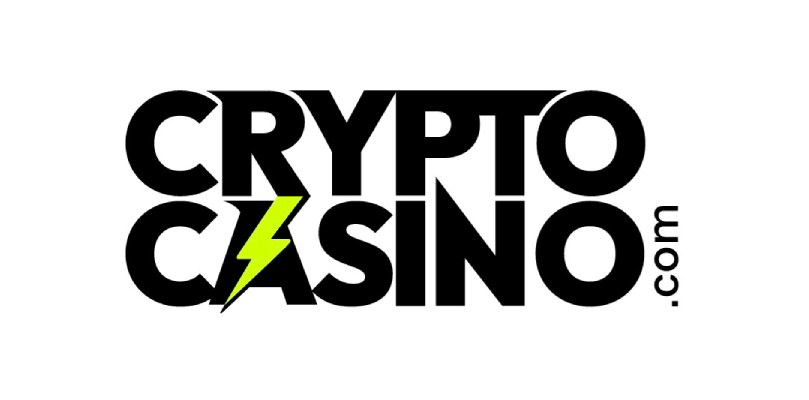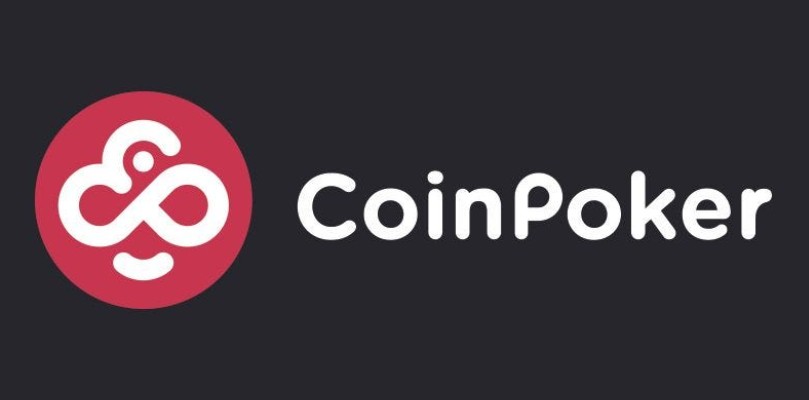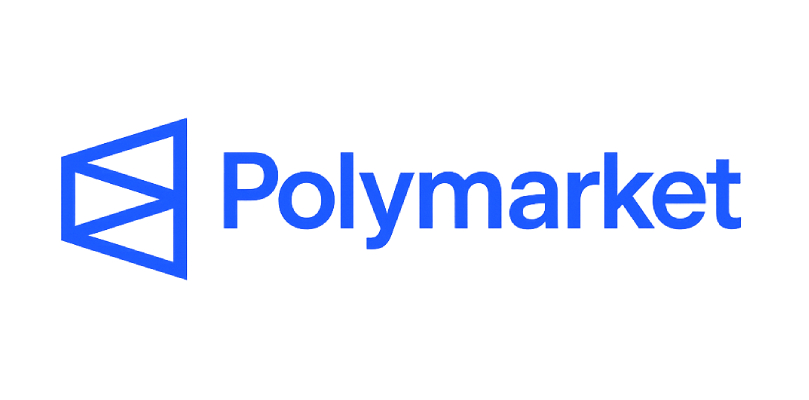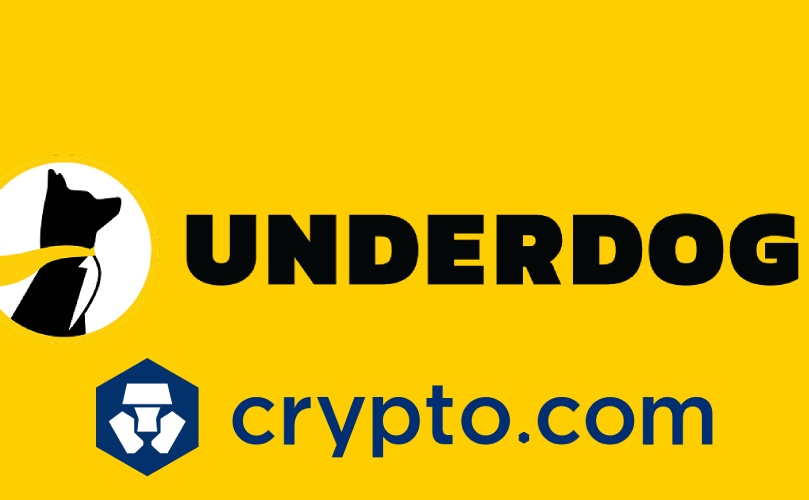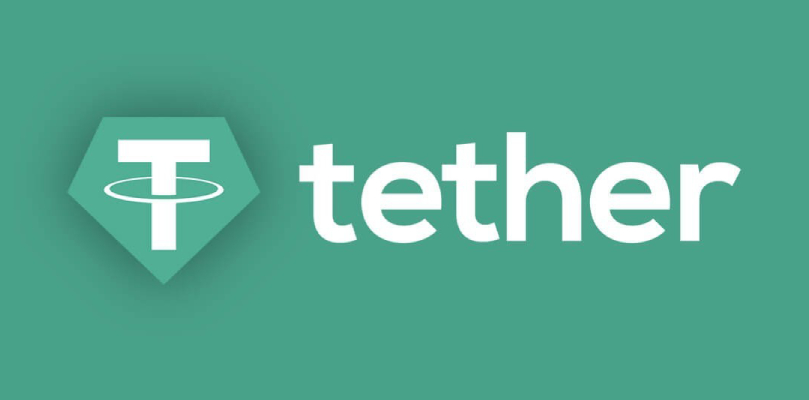CryptoCasino.com has stepped back into the spotlight with a full platform relaunch, using the stage at the International Casinos Exhibition in Barcelona to show how serious it is about competing in the top tier of crypto gambling. The timing follows a strategic investment from SharpLink Gaming earlier this year, a move that gives the project deeper roots in the regulated iGaming world while still keeping its crypto-native identity intact. For many modern players, that combination matters. It suggests a platform trying to balance the speed and flexibility of blockchain tech with the operational maturity of a traditional gambling company.
What to Expect
The new version of CryptoCasino.com leans heavily into scale and token-driven engagement. The casino floor now stretches across thousands of crypto-friendly titles, while a fully built-out sportsbook layers in hundreds of betting markets for major events. At the same time, the platform is pushing hard on fast blockchain withdrawals, promoting near-instant payouts that feel closer to moving funds between wallets than waiting on a bank transfer.
At the center of the ecosystem sits the platform’s native $CASINO token. Rather than acting as a simple payment chip, it is woven into the loyalty system, giving players ways to stake, unlock VIP-style perks, and tap into ongoing promotions. The project also promotes a model where a share of platform performance feeds into token buybacks and burns, tying player activity to the long-term role of the token inside the platform.
The Ethereum Influence
Part of what gives the relaunch extra weight is the Ethereum connection behind the scenes. SharpLink has drawn attention for its exposure to ETH and its links to well-known figures in the Ethereum development world. That background feeds directly into how CryptoCasino.com presents itself, less like a standard online casino that happens to take crypto and more like a Web3 product built around wallet access and blockchain settlement from the start.
The platform highlights fast transactions, transparent processing, and flexible identity models that appeal to players who value privacy and control. This certainly speaks the language of users who are already active in DeFi, NFTs, or other on-chain ecosystems.
Appealing to the Next Generation of Crypto Gamblers
This relaunch is also about their audience. CryptoCasino.com is clearly aiming beyond traditional online casino players who occasionally use digital assets. The target is a newer wave of gamblers who are comfortable navigating token ecosystems, participating in gamified reward loops, and moving assets across chains as easily as they place bets.
To support that vision, the company has signaled interest in expanding beyond Ethereum’s main network over time. That means efforts like exploring Layer 2 integrations and additional blockchain support to meet players where they are.
